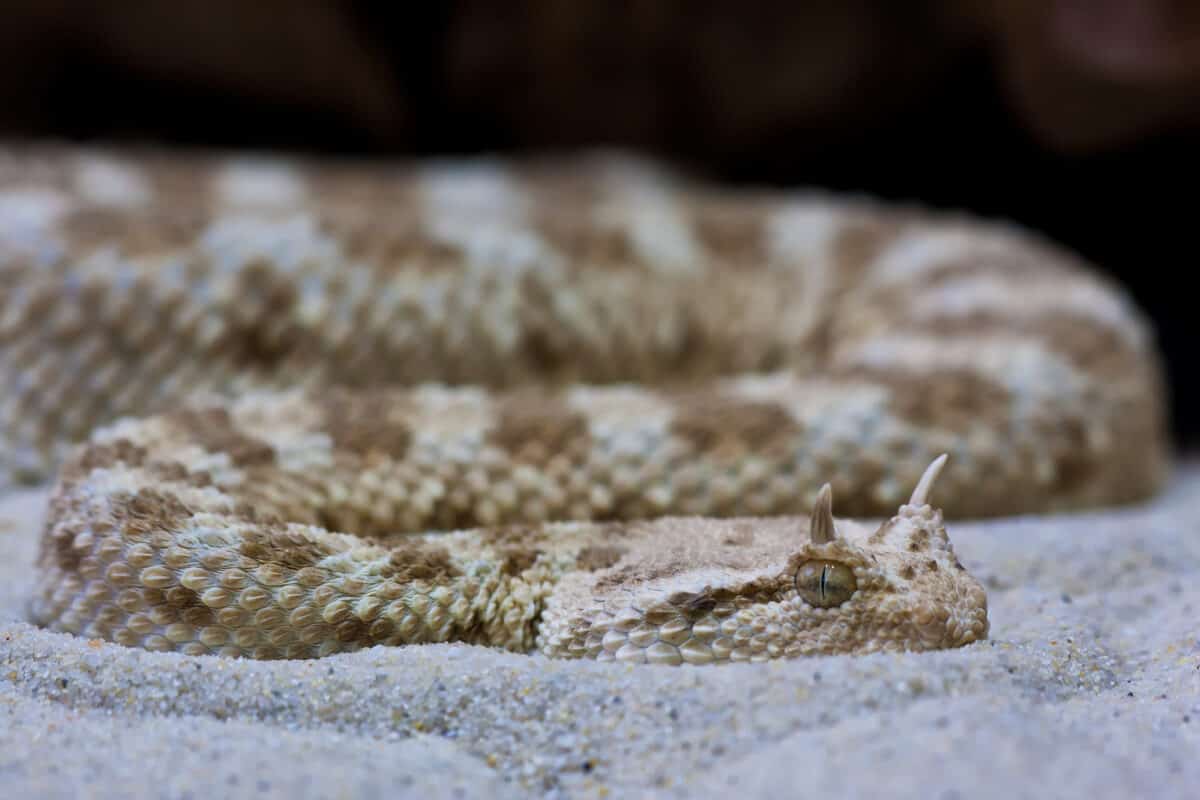Snakes play a crucial role in maintaining the balance of nature by controlling pest populations. Yet, their presence in and around your home can be unsettling. Snakes have a unique way of perceiving sound and vibration can be key to keeping them at a safe distance.
Here are 5 sounds to scare snakes away without harming them.
1. Vibrational Ground Noise
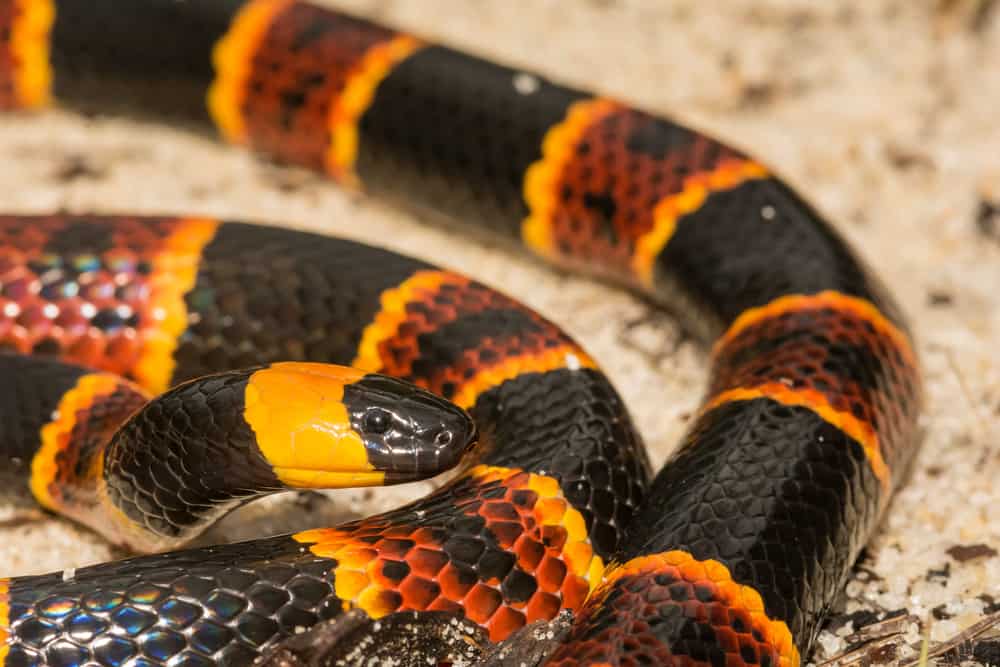
Snakes are highly sensitive to vibrations through the ground. Stomping around your garden, using your lawn mover or using vibrational ground sticks can create enough vibrations to deter snakes. These vibrations mimic the approach of larger predators, encouraging snakes to steer clear.
2. High-Frequency Sound Emitters
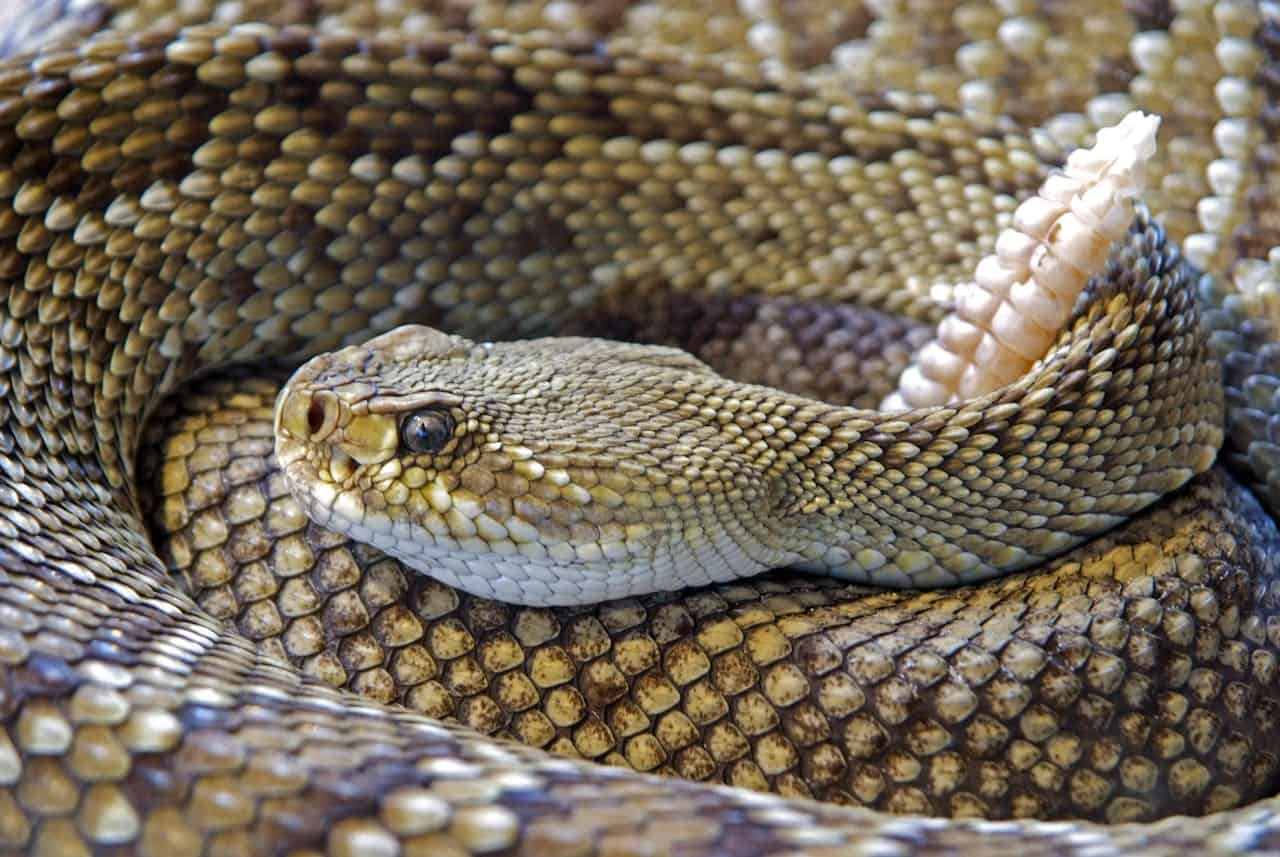
Although snakes lack external ears, they can detect vibrations through their skin, muscles, and bones. Devices that emit high-frequency sounds or ultrasonic waves can disorient or discomfort snakes. The effectiveness of these devices varies so this should only be a part of your broader snake deterrence strategy.
3. Water Jets
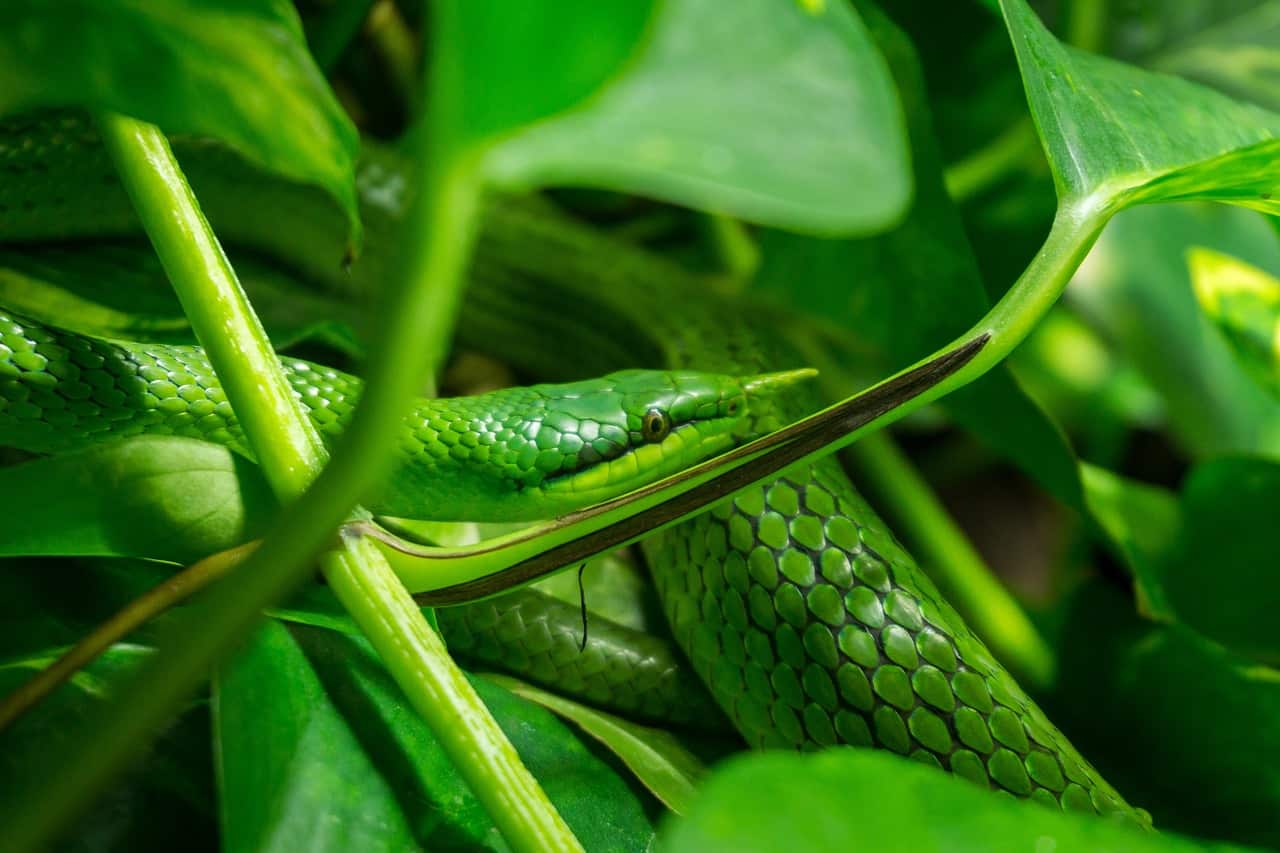
The sudden noise and movement of water jets can startle snakes. Gardens and lawns with motion-activated sprinklers are less inviting to snakes as this method combines sound, vibration, and physical deterrents. Sounds like a winning combination.
4. Wind Chimes

The gentle clinking of wind chimes produces a constant and unpredictable pattern of sound and vibration. Placing wind chimes around the perimeter of your property could be another deterrent against snakes, especially in breezy conditions.
5. Human Activity
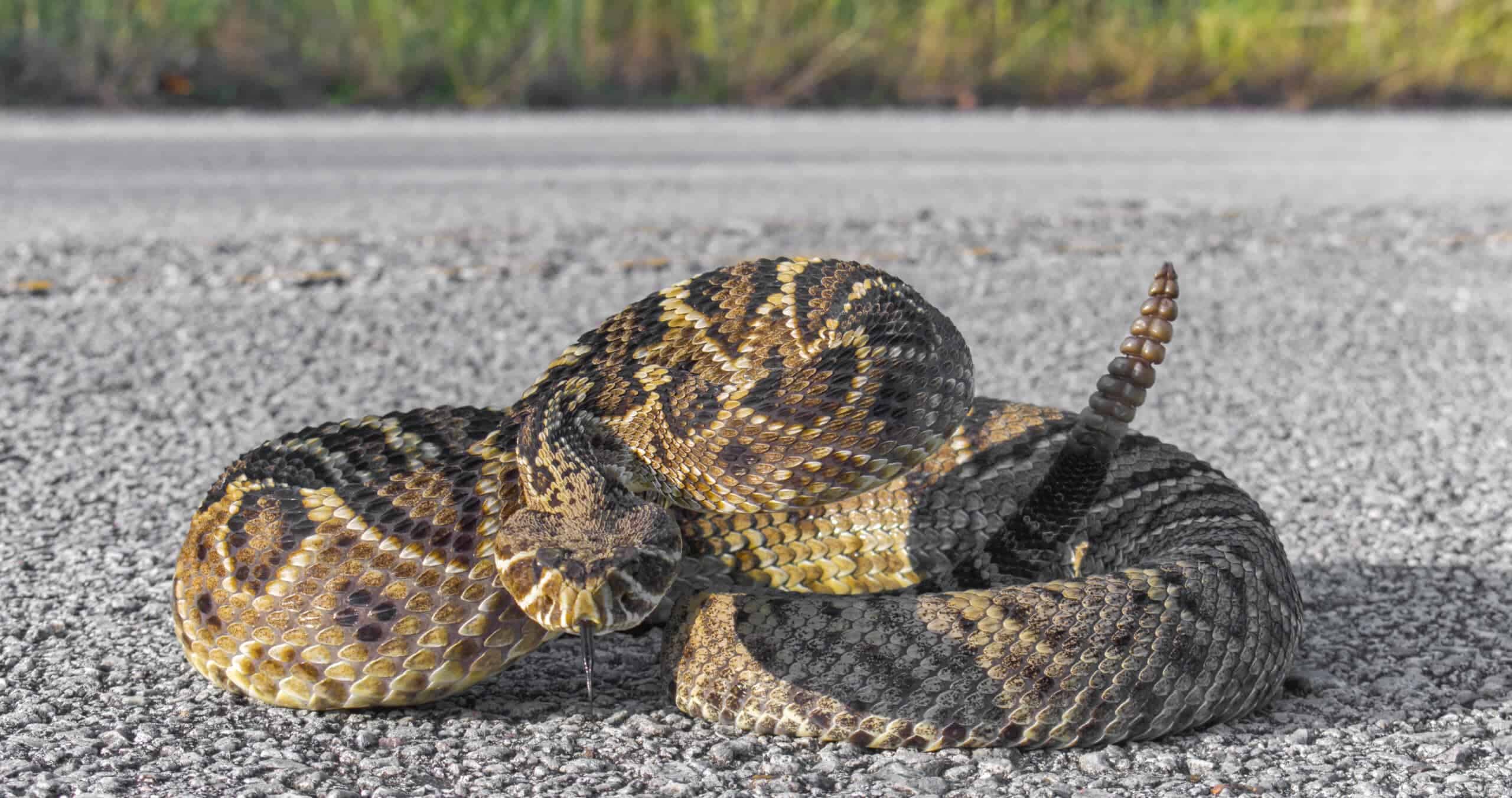
Regular human activity, including talking, laughing, and working outdoors, generates a range of sounds and ground vibrations. An area with consistent human presence and noise is less likely to be attractive to snakes.
Using snakes’ sensitivity to sounds and vibrations is a potentially more humane way to deter them from your property.
Up next:
Join our Forum for free today!

- Surprise Hippo Attack on Three Lions - July 21, 2024
- USA’s Best Wildlife Conservation Success Stories - July 14, 2024
- The Incredible Bird with Sunflower Eyes - July 13, 2024

